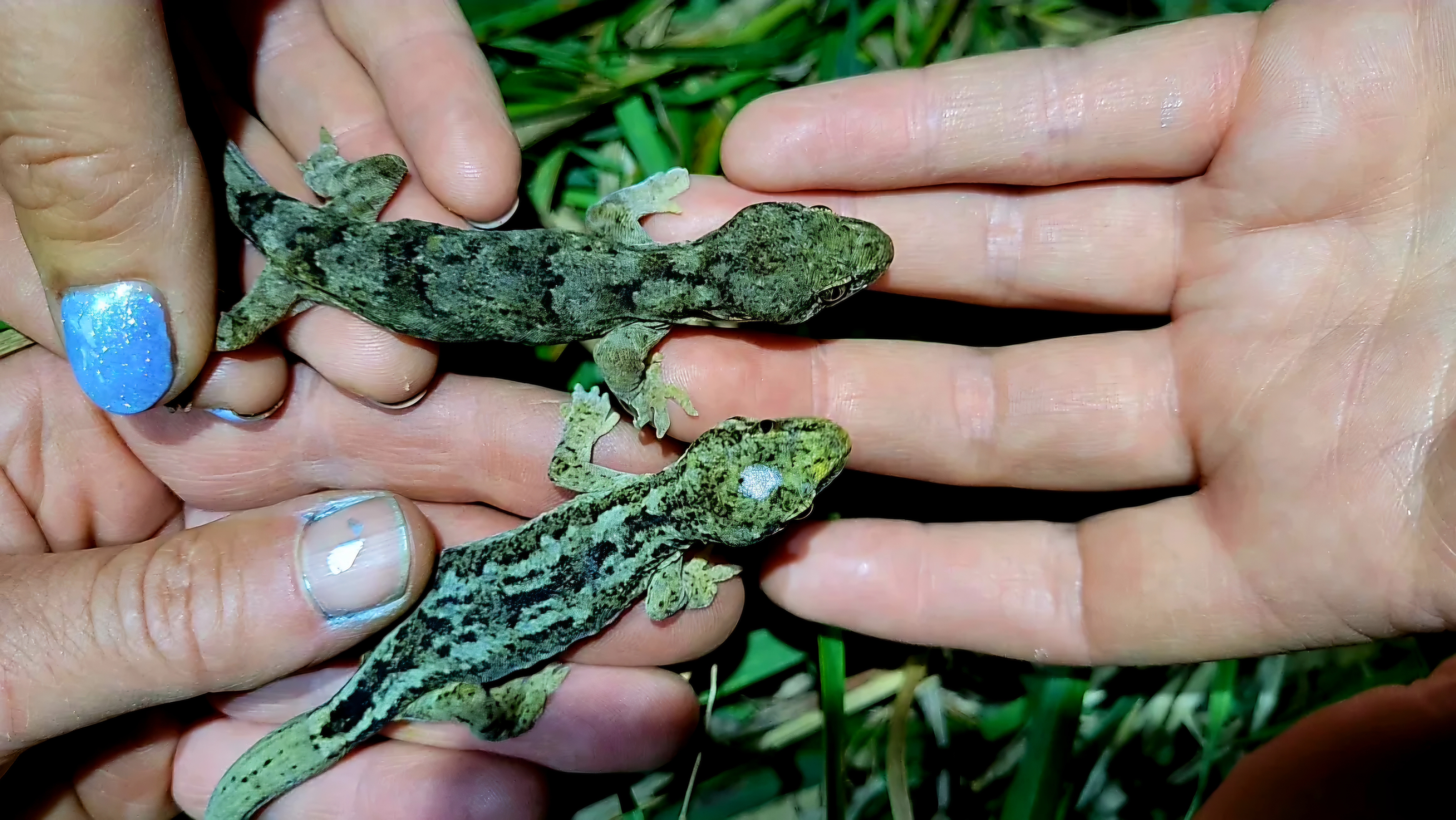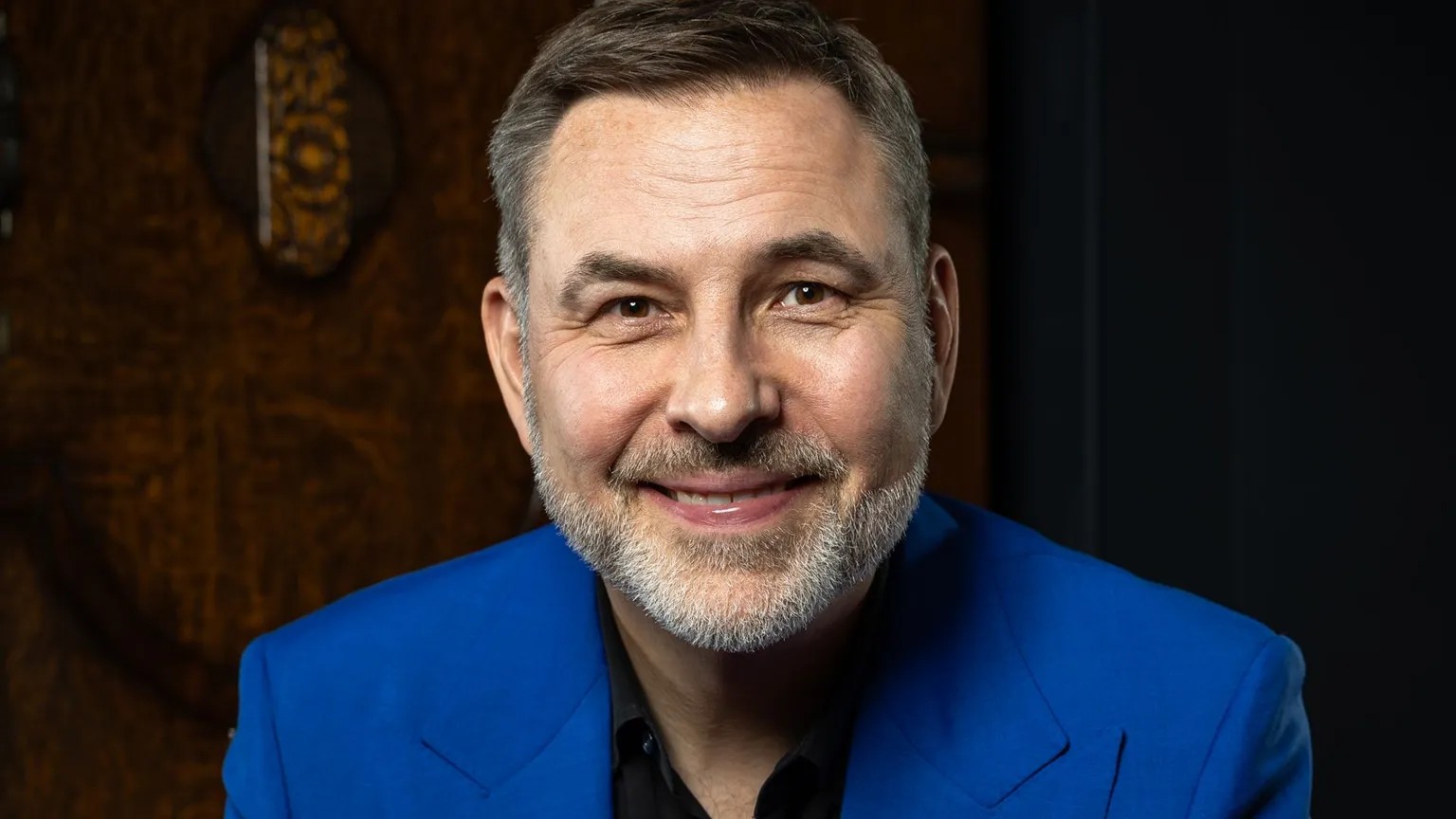Uncovering the Longevity of Nature: Meet the World’s Oldest Known Geckos on New Zealand's Motunau Island
- by Sarah Wynn-Williams, New Zealand, RNG247
- about 9 months ago
- 133 views

...The Discovery of Antoinette and Brucie-Baby—A Tale of Timeless Tails
In an astonishing discovery that brings a new meaning to the concept of living legends, two Waitaha geckos—64-year-old Antoinette and 60-year-old Brucie-Baby—have been identified as potentially the oldest geckos on record. Found on Motunau Island, off the southeastern coast of New Zealand’s South Island, these remarkable reptiles represent not just longevity but resilience in the face of environmental challenges.
Marieke Lettink, a prominent herpetologist and devoted conservationist, was among the team that made this extraordinary find during a routine five-year wildlife survey on the island. The moment they laid eyes on Antoinette and Brucie-Baby was both thrilling and humbling for Lettink, who reflected, “It’s amazing to think that these animals have been around longer than many of us, and they’re still thriving in their natural habitat.”
Lettink and her colleagues embarked on the survey adhering to a methodical approach: a well-planned grid of traps was set up across the rugged terrain of Motunau Island. Typically, the team catches hundreds of geckos over a span of a few days, primarily utilizing nocturnal expeditions complete with flashlights to spot the elusive reptiles resting on branches and foliage. However, the excitement surrounding this particular survey was intensified by the mysterious ages of the geckos they were about to encounter.
This ongoing research started in the 1960s under the watchful eye of conservation legend Tony Whitaker, who pioneered a unique identification technique known as toe clipping. Although the practice is no longer endorsed by New Zealand’s Department of Conservation, it was Whitaker’s earlier markings that made it possible for Lettink to accurately identify the two geckos. “Seeing the names on these geckos made me think about the legacy of work Tony left behind,” Lettink noted, calling it a poignant reminder of the long-term commitment to conservation efforts.
Antoinette and Brucie-Baby were initially marked when they were already fully grown, suggesting that their true ages may exceed the 60 and 64 years currently recorded. This longevity is remarkable considering the average lifespan for geckos worldwide hovers around a mere decade. By comparison, the Waitaha geckos have surpassed many renowned and larger lizard species such as iguanas and Komodo dragons, often celebrated for their impressive sizes and iconic presence. “It’s astounding that this humble, drab brown gecko has now taken the title of the oldest known lizard,” Lettink remarked.
Several factors could explain the impressive lifespans of these geckos, the foremost being Motunau Island’s predator-free environment, which stands in stark contrast to the mainland, where invasive species have wreaked havoc on native wildlife. The island’s safety is a testament to the ongoing efforts of conservationists striving to create more refuges to protect vulnerable species. However, even in these sanctuaries, challenges arise. Lettink pointed out that mouse populations can flourish in the absence of their natural predators, posing potential threats to the geckos’ survival. As a result, some groups have instituted specialized sanctuaries focused exclusively on safeguarding lizards and geckos.
Beyond ecological stability, the island’s temperate climate is considered a contributing factor to the longevity of its inhabitants. Kaitlyn Leeds, a biodiversity ranger with the Department of Conservation and part of the survey team, suggested that the island life coupled with a cooler climate may be ideal for lizard life.
Lettink recounted that the team had previously encountered Antoinette about a decade ago, expecting that to be their last glimpse of her. “Remarkably, 10 years have passed, and they haven’t changed a bit; they’re still here,” she said with hope. Looking ahead to the next survey scheduled for five years from now, Lettink remains optimistic. “We might discover more of the original geckos tagged in the 1960s. And who knows? There could be even older geckos waiting to be found. That would be incredibly exciting!”
As researchers continue to uncover the mysteries of these geckos, they illuminate not only the resilience of species but also the critical importance of conservation efforts that allow such extraordinary lives to thrive amid modern challenges.
















0 Comment(s)